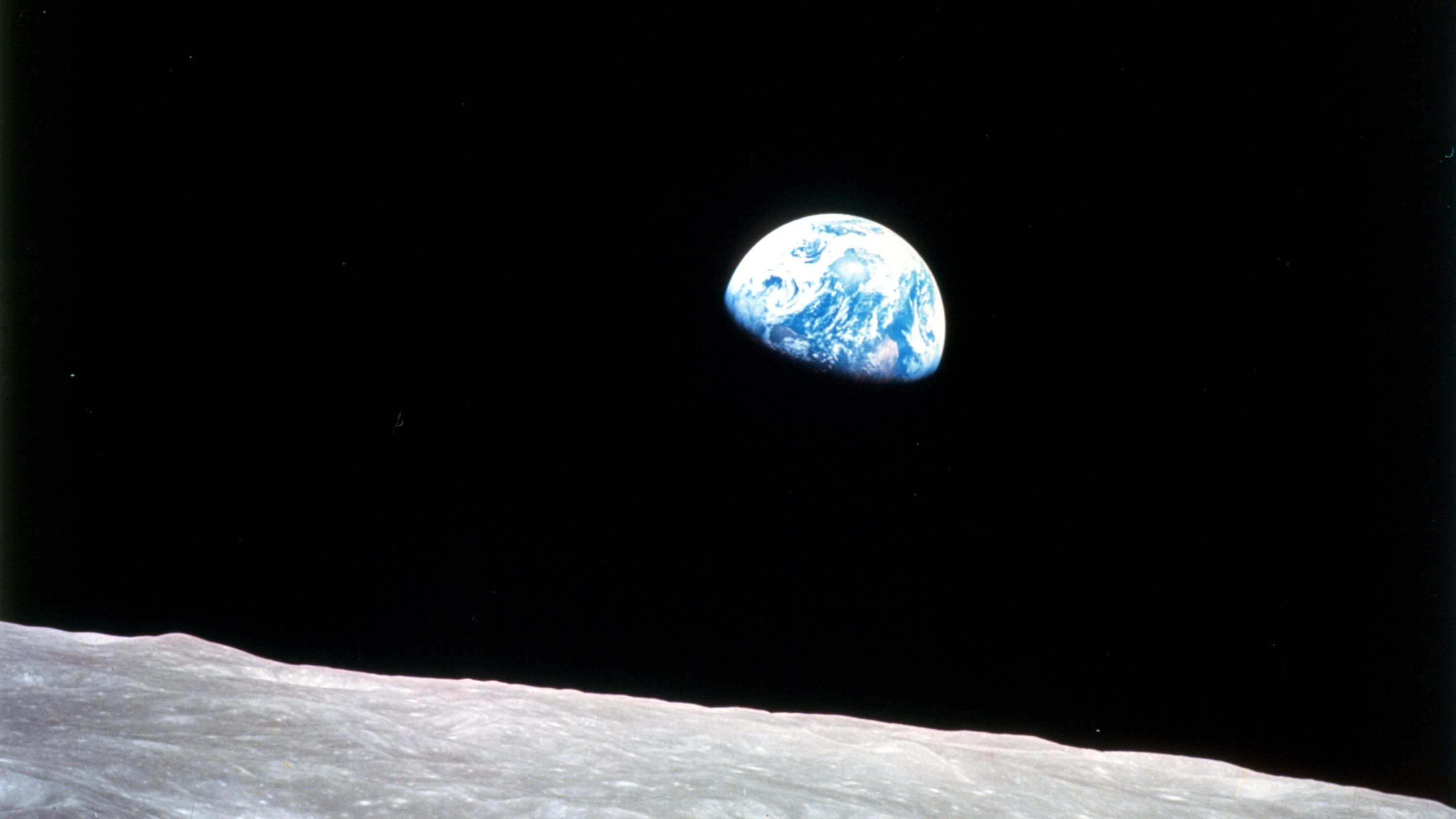Aliens at the Gate

What if the doorbell rang and you found an alien standing at your doorstep? Sound preposterous? A few weeks ago, rumors started swirling that the United Nations was going to nominate Mazlan Othman, a celebrated Malayasian astrophysicist, to be the UN’s first Space Ambassador specifically assigned to make contact with extra-terrestrials should they come to Earth. Unfortunately, even though Othman commented that it sounded like a “cool” job, she announced that there was no such post at the United Nations.
The episode did get us thinking: at the Hybrid Reality Institute, we explore implications of human-technology co-evolution in the light of ever more sophisticated technology, but we seldom if ever contemplate life with aliens. So we decided to look at two physicists we respect for their opinion on life on other planets: Stephen Hawking and Michio Kaku (who also blogs at BigThink). Both assert that there is no reason to believe that intelligent life exists only on Earth.
Michio Kaku presents a compelling argument in this must-watch clip to why we’re terribly naive and foolish to think we’re the only and most intelligent species in the universe. He counters four commonly held myths:
1) We looked. We didn’t find anything. Our telescopes can only scan a hundred light years from planet earth. Our galaxy is a hundred thousand light years across and galaxies are tens of millions of light years away from each other. Based on our narrow viewpoint, we have no right to say we didn’t find alien life. If we search for elephants in our backyard and don’t find them, we can’t make the argument that they don’t exist anywhere else on earth.
2) We eavesdropped. We didn’t hear anything. We are trying to listen for interplanetary communication by looking at only one frequency because our technologies are primitive, but advanced species might be communicating along the whole range of broadband frequencies. Just because we understand only English doesn’t mean that the rest of the world speaking other languages does not exist.
3) If we can’t see it or hear it, then it doesn’t exist. For humans, life exists in three dimensions. However, what if it existed in multiple dimensions for aliens? Scientists believe that there are up to eleven dimensions in the universe. Kaku asserts that it is as impossible for us to imagine life in other dimensions as the concept of going “up” is for a carp fish swimming in a shallow pond.
4) If aliens existed, they would have come to us. If aliens are so special, why haven’t they come to see us yet? The last sentence smacks of narcissism and arrogance. Why are we so special that aliens should come to meet with us and share their technological riches. Do you go to the anthill in your driveway and say to the ants “take me to your leader,” challenges Kaku. The fact is that humans may just be too inferior a civilization for other life forms in the universe to bother considering worthy of a conversation.
If aliens do come to see us, it is doubtful they’ll come with fruits and flowers in hand. Hawking believes aliens will likely arrive because they have run out of resources and want to take ours (sounds like your typical SciFi movie, doesn’t it?). Hawking even offers one thesis on how they could quickly reach us even if they are millions of light years away today. By using mirrors to harness the power of a star, alien armies could create a worm hole and travel to us in a matter of seconds [see this clip from his documentary]. How will they treat us? Both scientists agree they’ll treat us pretty much the same way we treat lower level species on Earth: very poorly. Hawkings warns, “Like us, they would probably have evolved from a species used to exploiting whatever it can”
Bottom line: don’t expect aliens to be friendly. Which makes us think a UN ambassador for space wouldn’t be such a bad idea after all. It would be good to have her number on speed dial in case aliens do show up at the gate.
Ayesha and Parag Khanna explore human-technology co-evolution and its implications for society, business and politics at The Hybrid Reality Institute.





